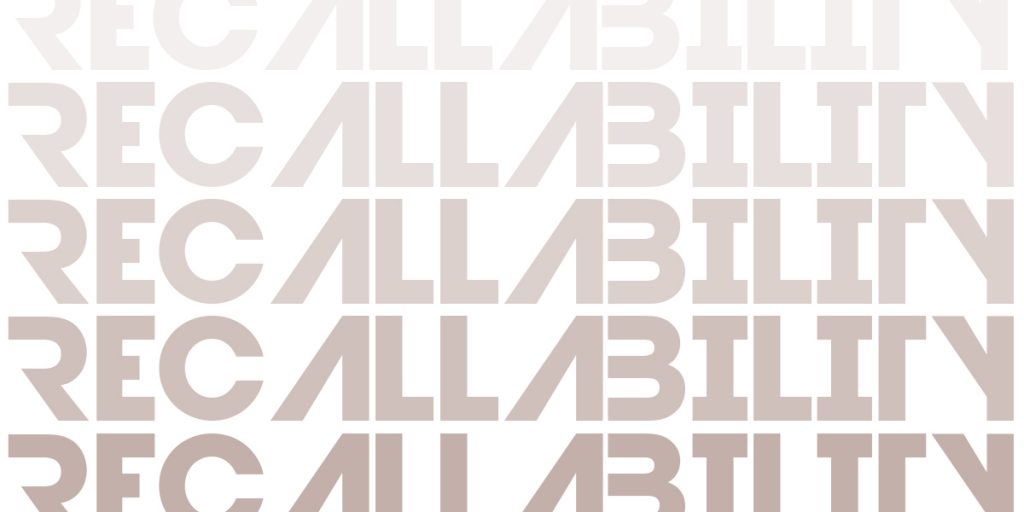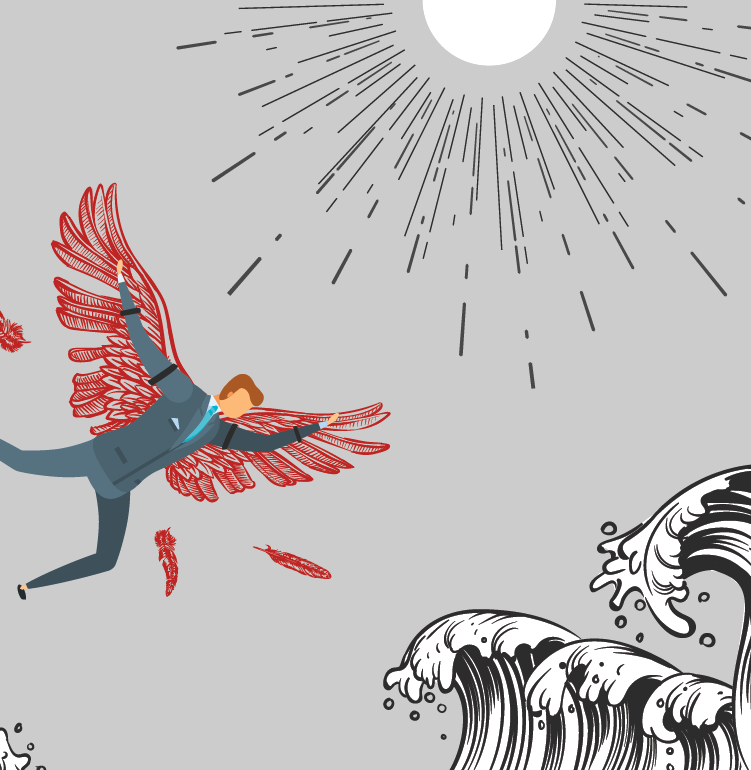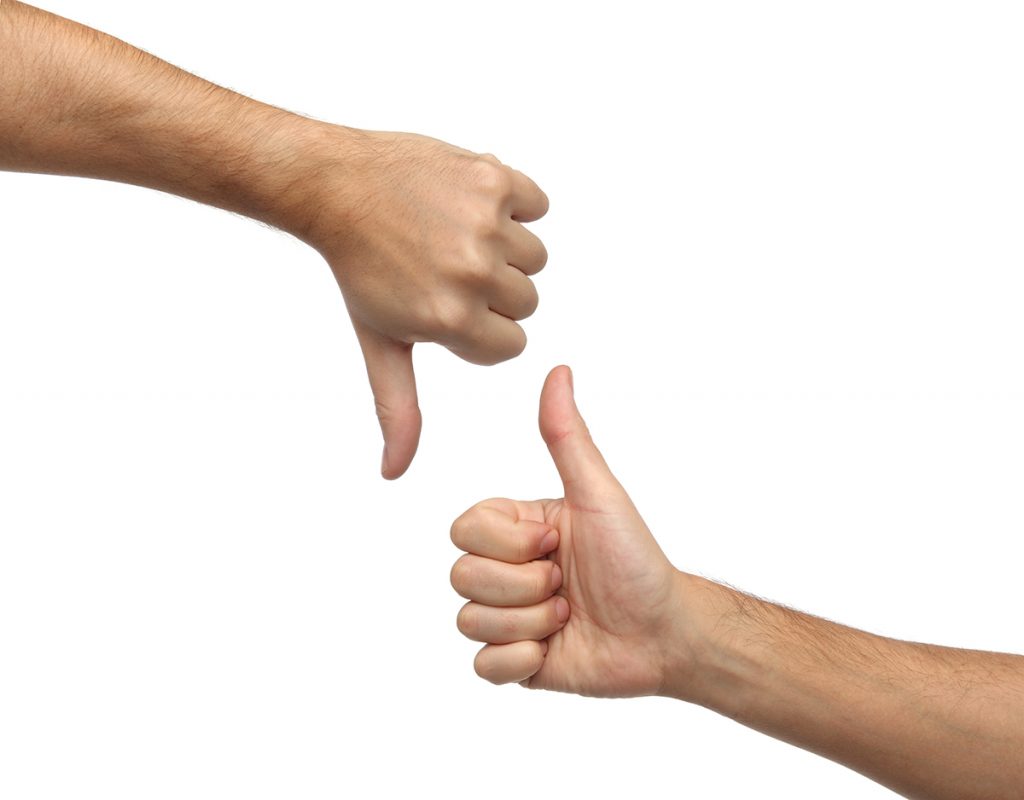Recallability

The recallability decision-making trap prompts us to give undue weight to recent dramatic events. Illustration: We were at the beach recently, and my son got stung by a jellyfish. And to be fair, this was no minor sting.It was one of the worst stings I’ve ever seen, with the burns all over his arms, legs, and side. […]
Prudence

Prudence leads us to be overly cautious when we make estimates about uncertain events. Illustration: You’ve invited 100 guests to a backyard barbeque party. You don’t think you’ll have more than 25-35 attend. So you only prepare enough food and arrangements for 30 or so people. 60 end up coming, and prudence has caused you […]
Framing: Seeing the Whole Picture

Framing occurs when we misidentify the problem, undermining the entire decision-making process. Illustration: There is a small fire in your kitchen over your stove. You make the decision to put it out with a glass of water you had close by. Unfortunately, it was a grease fire, so the water only helped to take the […]
Overconfidence

Overconfidence makes us overestimate the accuracy of our forecasts. Illustration: You just started a fitness routine and you dropped 3 lbs in 3 days. That means if you keep this up for 15 days then you’ll lose 15 lbs. Overconfidence. Picture this at work: the first 10 days of your sales month have been really […]
Confirmation Bias

Confirmation Bias leads us to seek out information supporting an existing predilection and to discount opposing information. Illustration: You’ve just had a heated discussion with a friend about which musician is better between Adele and Justin Timberlake. You, being wise, know that JT is one of the bests of all time. So you pull your […]
Sunk Cost

The Sunk Cost decision-making trap inclines us to perpetuate the mistakes of the past. Illustration: Dating relationships. We’ve all seen it. A couple that is clearly terrible for one another. The relationship is toxic, and if it’s a friend, they might even be candid enough to tell you how hard it is being in the […]
Status Quo

The basic explanation of this trap is that we are biased towards maintaining the current situation, even when better alternatives exist. Illustration: We have a team production meeting every morning in our office. There was a time that everyone on our staff was considered a production worker or was directly related to the production process. […]
Anchoring: Hearing Both Sides

As we’re looking through the 8 psychological decision making traps, we’re starting off with what we call anchoring. Anchoring is what we do when we give disproportionate weight to the first information we receive. It’s a human trait. It’s hard not to do. Illustration: Say your spouse has only good things to say about a […]


